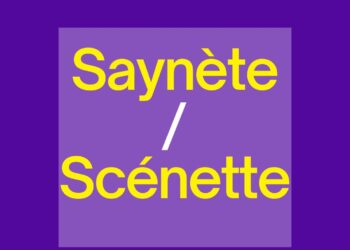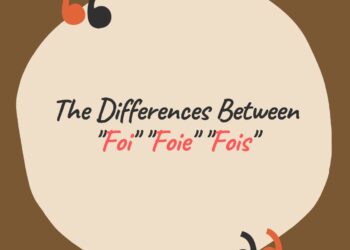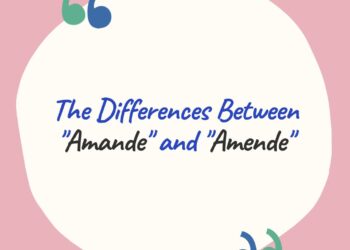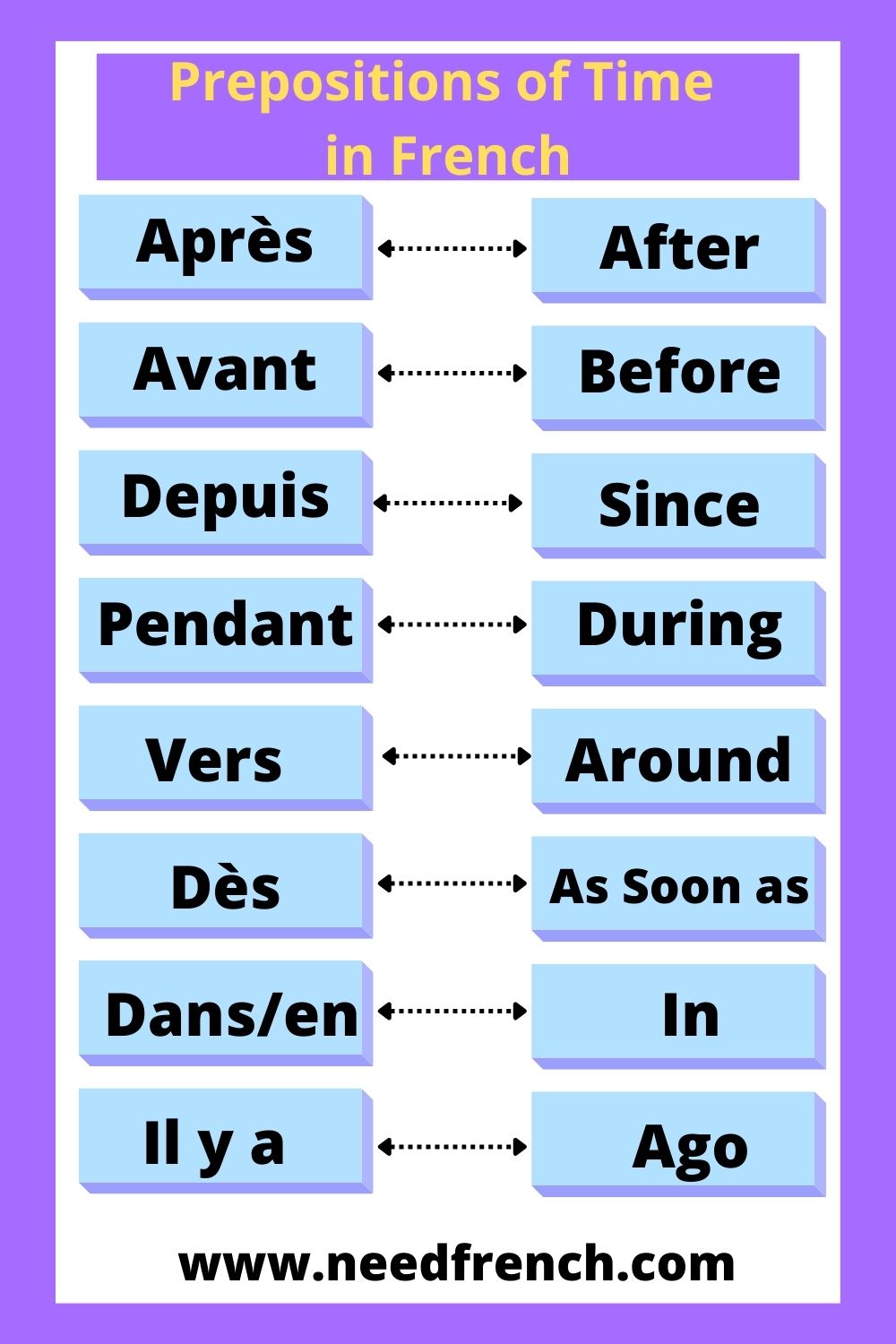Some French words are pronounced very similarly but have different spellings and meanings. Mastering the distinctions between these words is essential to avoid confusion. Let’s examine 5 words that French learners often mix up:
Table of Contents
ToggleSain
“Sain” means healthy or sound. It is an adjective used to describe good health.
For example:
- “Elle a un corps sain.” (She has a healthy body.)
- “Avoir une alimentation saine” (to have a healthy diet)
- “Respirer l’air sain de la campagne” (to breathe the fresh country air)
- “Cet enfant est sain de corps et d’esprit” (This child is physically and mentally healthy)
Saint
“Saint“, with a “t” at the end, has several meanings. As a noun, it refers to a holy person. “Le saint est révéré pour sa piété.” (The saint is revered for his piety.) As an adjective, it means holy or sacred, like in the phrase “église saint” (holy church). It is also used in the names of cities such as “Saint-Étienne“.
More examples:
- “Un saint homme” (A holy man)
- “La saint Jean” (Midsummer’s day)
- “C’est un saint !” (He’s a saint!)
Sein
“Sein” refers to a part of the human body or animal body, namely the breast or bosom. “Le bébé se blottit contre le sein de sa mère.” (The baby nestled against his mother’s bosom.) It is a noun.
More examples:
- “Le nouveau-né se blottit contre le sein de sa mère” (The newborn nestled against his mother’s breast)
- “Elle a subi une ablation du sein” (She underwent a mastectomy)
- “Le sein gauche” (The left breast)
Seing
“Seing” signifies a signature or seal, most often on a legal document or contract. “Le seing du président a validé le traité.” (The president’s signature validated the treaty.) It is primarily used as a noun.
More examples:
- “Apposer son seing au bas d’un document” (To affix one’s signature at the bottom of a document)
- “Le seing authentifie l’acte” (The signature certifies the document)
- “Un acte portant son seing” (A document bearing his signature)
Ceint
“Ceint“, is the past participle of the verb “ceindre” meaning to surround or gird. “La mariée portait une robe ceinte par un ruban.” (The bride wore a dress girded with a ribbon.)
More examples:
- “Une robe ceinte à la taille” (A dress cinched at the waist)
- “Ceindre ses reins pour le combat” (To gird one’s loins for battle)
- “La ville était ceinte de hautes murailles” (The city was encircled by high walls)
As we can see, a single letter can make all the difference in the meaning and function of the word. Misspellings could lead to nonsensical phrases. The key is mastering the subtle variations between these French words that sound so similar when spoken, but have different spellings and meanings. With practice, French learners can learn to differentiate them fluently.
To expand your French vocabulary and avoid common pitfalls, don’t miss this essential read. “Près de” vs “Prêt à” : How to Avoid Mistakes














